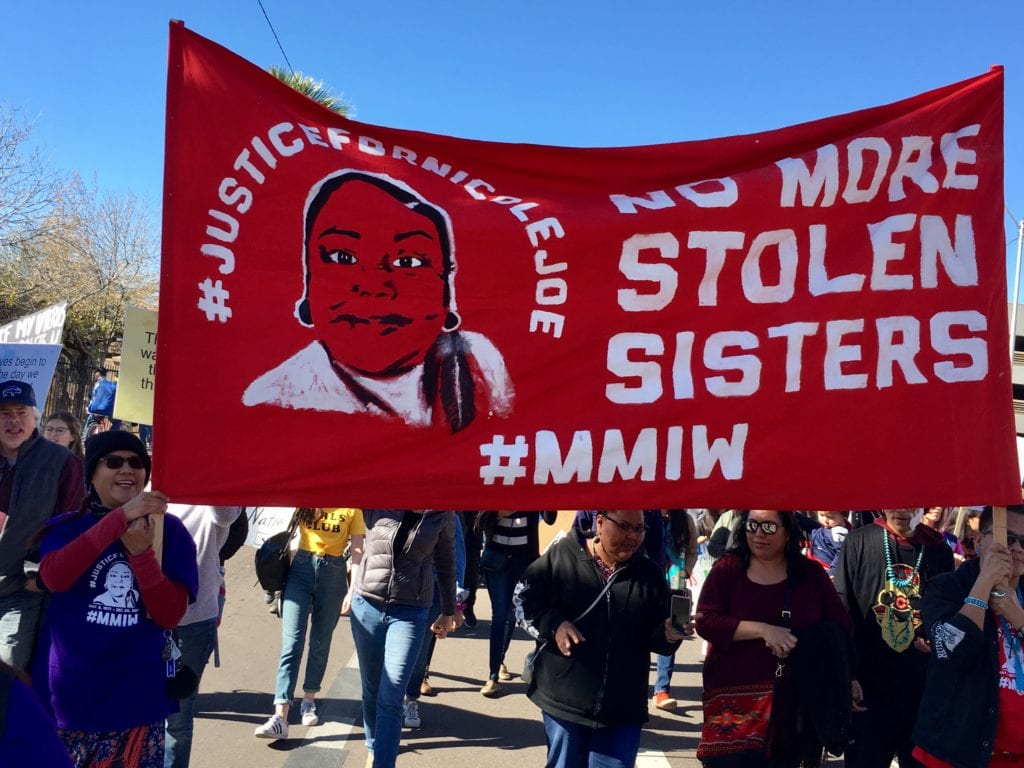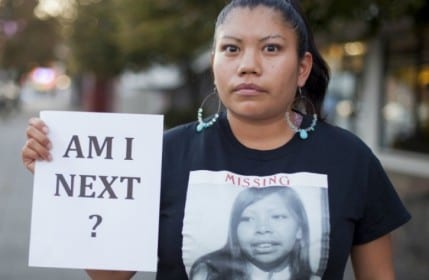
ShutDown: Consumer Fraud Investigations Halted
ShutDown: Consumer Fraud Investigations Halted
The United States government has been shut down for almost four weeks, sending shockwaves throughout a nation already gripped by tumultuous politics and controversial issues. In addition to institutions like the National Parks System, and the National Institute of Health, all federal employees have currently been laid off from duty, and a majority of their services suspended. The ripple effect is dizzying, with many of the governments services being on hold for the duration of the shutdown. Many consumers across the country are not aware of the shutdown’s impact on some of our nation’s best departments, so you can imagine their shock when they phoned to report a consumer complaint, and were told the government couldn’t help them.
When running normally, the government requires a wealth of quality communication to run smoothly. As many federal employees remain on furlough, therefore not being compensated, everyone’s level of communication with one another is atypical and—as many federal employees are called in without pay—constantly breaking down. The Consumer Financial Protection Bureau (CFPB) is the federal agency that fields the influx of consumer complaints. A consumer submits their complaint about a business or financial entity to the CFPB, which is reviewed. According to the CFPB, after the complaint is reviewed, “We’ll forward your complaint and any documents you provide to the company and work to get a response from them. If we find that another government agency would be better able to assist, we will forward your complaint to them and let you know.” The CFPB remains in operation and was not effected by the shutdown, but if the agency is ill-equipped to deal with the complaint, they may never get off the ground, as the appropriate department might be effected by the shutdown. This leaves many consumers displaced when it comes to voicing their concerns about products and services.

The Federal Communications Commission is just one of many threads woven into the Federal Trade Commission. Another voiceless victim of the shutdown is the victim of identity fraud. Louette Duvall is one of these victims. Not long after the holidays were over, Duvall’s car was pilfered by thieves while she was at her job. They made off with her purse, her briefcase, and a wealth of identifying information that amounted to a scammer’s treasure trove. Fraudulent charges started rolling in as she scrambled to alert all of her creditors and financial institutions that she had been robbed. She began calculating the full scope of the theft’s ramifications: New checkbooks ordered, extravagant items ordered in her name, new credit cards, the list goes on and on. When she called the Federal Trade Commission to let them know her identity had been stolen, she was told they could not help her due to the government shutdown. FTC data prior to the shutdown stated that the agency received thousands of calls a day regarding identity theft alone. That’s thousands of crimes going uninvestigated every day, a Washington Post reporter pointed out when they became a victim as well. Not only are new crimes going unreported, but investigative resources are also frozen. The Consumer Sentinel Network helps investigators track the movement of identity theft and related frauds to build cases against the perpetrators, and it remains down as of day 26 of the longest government shutdown in history. At a minimum, the FTC is still allowing individuals to file complaints so that they be issued an affidavit for their creditors’ purposes.
News coverage of the shutdown has attempted to sharpen the big picture for Americans when it comes to the ripple effect of the government shutdown. While many federal agencies might be unable to assist consumers with complaints, there is recourse for consumers experiencing the myriad of issues helmed by the Federal Trade Commission. There are online, step-by-step resources for obtaining documentation to dispute fraudulent charges and claims. Consumers can also retain the services of a private investigator. One of the most beneficial aspects of hiring a private investigator is that they are the top of the chain of command in their firm. They are the ones calling the shots in any investigation, not a supervisor nor a superior. They will represent your interests and your interests alone. As is the case with many frauds and thefts, perpetrators tend to either operate remotely, or move quickly to evade law enforcement. Acting independently, private investigators will be able to move as fluidly as a scammer, crossing jurisdictional boundaries with little to no red tape. Statistics surrounding fraud indicate that many federal investigators in charge of tracking down scammers and thieves are inundated with a never-ending stream of complaints. This means their attention can be divided over and over again across a heavy caseload. A typical private investigator only handles between 3-4 cases at a time, meaning your case can be a priority for them and not just another file in a drawer.
Political pundits and talking heads don’t project a sunny forecast when it comes to the shutdown—no end in sight. As the shutdown enters its 27th day, many Americans who have been the victims of consumer fraud and identity theft who do not yet know the full scope of the shutdown’s impact will receive an ugly surprise when they turn to the federal government for help. While the government gets its house in order, know that there are options for victims of consumer and identity fraud. Consult a private investigator today to learn how their specific skill set, experience, and independence can help you get right the ship when it comes to fraud.


 In fact, the work being done to preserve information about murdered and missing indigenous women is being performed in large part by private citizens, like
In fact, the work being done to preserve information about murdered and missing indigenous women is being performed in large part by private citizens, like  In 2015, the Department of Justice announced they were developing the Tribal Access Program for National Crime Information (TAP) so tribes can enter and view information in the federal NCIC database, thereby streamlining muddled communications between investigating bodies. Ten tribes were selected for the beta-test of this new system, but as of 2016, some had not received their TAP terminals. Once again, the wheels of justice turn at a glacial pace for missing and murdered indigenous women.
In 2015, the Department of Justice announced they were developing the Tribal Access Program for National Crime Information (TAP) so tribes can enter and view information in the federal NCIC database, thereby streamlining muddled communications between investigating bodies. Ten tribes were selected for the beta-test of this new system, but as of 2016, some had not received their TAP terminals. Once again, the wheels of justice turn at a glacial pace for missing and murdered indigenous women.